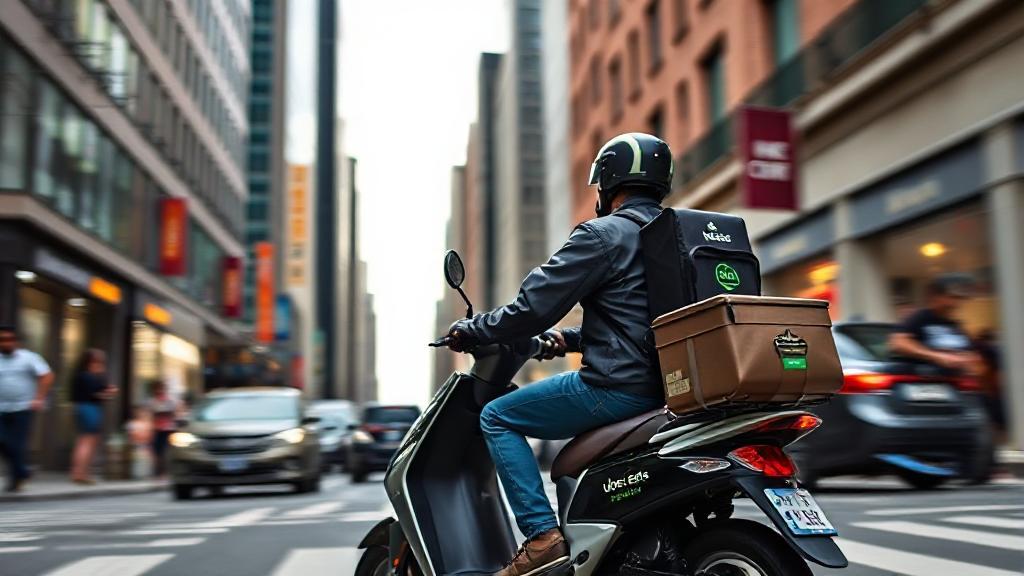Understanding Earnings Potential
The gig economy has transformed the way people work, offering flexibility and autonomy through platforms like Uber Eats. Let's explore what drivers can realistically expect to earn and the factors that influence their income.
Base Earnings Structure
The basic earnings formula includes:
- Base fare per delivery
- Distance traveled
- Time spent on delivery
- Tips from customers
According to Uber's official earnings page, drivers keep 100% of their tips, but base rates vary by market.
Factors Influencing Earnings
Several variables impact how much an Uber Eats driver earns:
-
Location: Urban areas typically offer more opportunities and higher earnings, while suburban areas may offer longer trips with higher base fares.
-
Time of Day: Peak hours result in more orders:
- Lunch (11 AM - 2 PM)
- Dinner (5 PM - 9 PM)
- Late night (especially in college towns)
- Weather conditions: Can impact demand and earnings
- Tips: Customer tips can significantly boost earnings
- Promotions and Incentives: Including Quest promotions, surge pricing, and boost multipliers
Average Earnings
Based on sources like Glassdoor and Indeed, here's what drivers typically earn:
| Experience Level | Hourly Range (Before Expenses) |
|---|---|
| Beginner | $12-15 |
| Experienced | $15-20 |
| Expert | $20-25+ |
Expenses to Consider
"Remember that gross earnings aren't the same as net income. Track your expenses carefully to understand your true earnings."
Common expenses include:
- Vehicle maintenance
- Fuel costs
- Insurance
- Phone plan
- Vehicle depreciation
- Taxes (as independent contractors)
Maximizing Your Income
Strategic Tips
- Multi-app delivery
- Accept orders strategically
- Maintain high customer ratings
- Learn your market's patterns
- Focus on peak hours and high-demand areas
Technology Requirements
Market-Specific Considerations
Different markets have varying characteristics:
High-Income Areas
- Higher tip potential
- More frequent orders
- Greater competition from other drivers
Tourist Areas
- Seasonal fluctuations
- Higher average order values
- Language barriers to consider
Long-Term Sustainability
Consider these factors for sustainable earnings:
- Vehicle maintenance schedule
- Tax planning
- Insurance coverage
- Health and safety measures
For more insights and tips, check out the Uber Eats Driver Guide on their official website.
Success as an Uber Eats driver often comes down to treating it like a business. Track your metrics, understand your market, and continuously optimize your strategy for maximum earnings potential.
